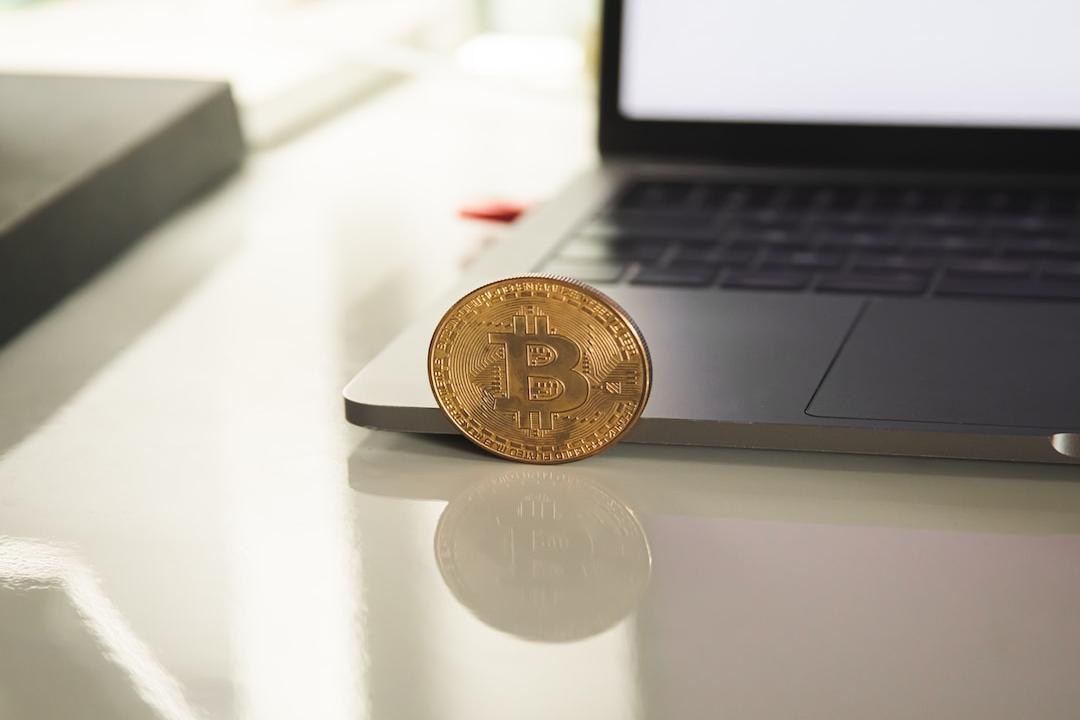Concerns of a Wave of Altcoin Delistings in South Korea Raise Alarm
There is a growing fear among industry insiders in South Korea that crypto exchanges may start delisting altcoins this year based on requests from financial authorities. Reports suggest that there is a real possibility of altcoins being delisted one after another in the upcoming weeks.
This comes as industry officials recall the events of 2021, when major domestic crypto exchanges removed numerous low-cap coins from their platforms in anticipation of regulatory actions. With an increase in public scandals surrounding scam coins, regulators are now under pressure to take action once again.
Officials are urging exchanges to conduct listing audits and regularly verify the credentials of coin projects. They argue that underperforming tokens, projects lacking transparency, and those showing little signs of recent development should be placed on cautionary lists.
Experts now believe that a repeat of the 2021 altcoin cull cannot be ruled out, with the possibility of many altcoins being delisted simultaneously. The Financial Supervisory Service (FSS), the regulatory body, is expected to release a set of best practices for exchanges to follow when making delisting decisions. The FSS aims to introduce these guidelines for altcoins next month, aligning them with the launch of the Act on the Protection of Virtual Asset Users on July 19.
The news of potential delistings has had an impact on the market, with prices of lower-cap altcoins dropping on major exchanges. However, exchanges are urging for calm and assuring that high-cap coins like XRP, Solana, and Cardano, which have international credentials, are safe. They believe that the FSS is more likely to scrutinize lower-cap projects.
In a press release issued on June 19, the leading South Korean crypto exchange Upbit emphasized that they do not expect mass delistings. They stated that they have a comprehensive evaluation process in place and prioritize the safety and interests of their users.
It remains to be seen how the situation unfolds in the coming weeks and how the regulatory landscape in South Korea might impact the altcoin market.

